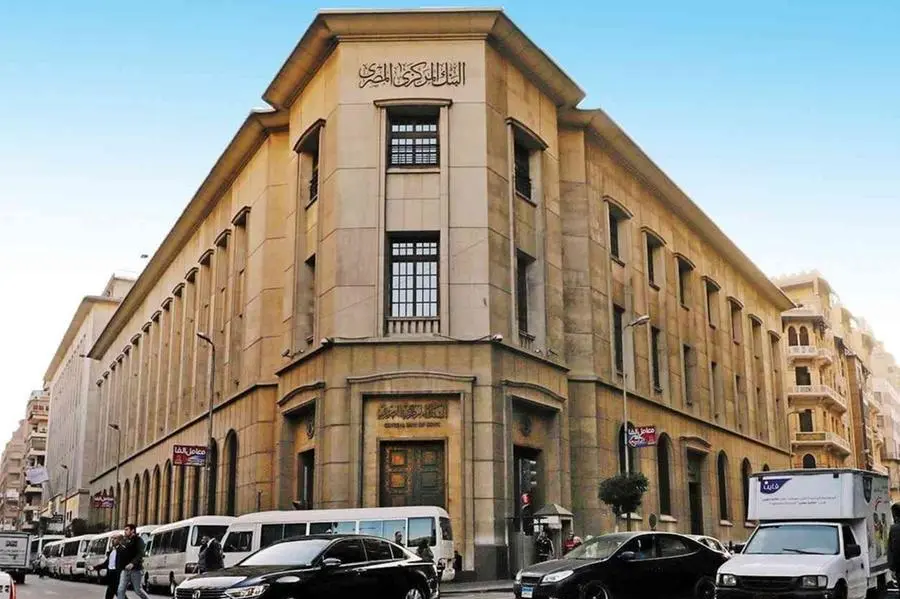PHOTO
The Central Bank of Egypt (CBE) expects inflation to stabilize at its current levels until the end of 2024, despite facing upward risks such as geopolitical tensions and a potential return to protectionist policies. Public finance controls are anticipated to have a greater-than-expected impact.
According to CBE, the inflation rate is projected to decline significantly starting in the first quarter of 2025, supported by the cumulative effects of monetary tightening decisions and the positive influence of the base period.
At its meeting last Thursday, the Monetary Policy Committee (MPC) of CBE decided to maintain the overnight deposit rate at 27.25%, the lending rate at 28.25%, and both the main operating rate and the credit and discount rate at 27.75%. This marks the fifth consecutive meeting in which rates have remained unchanged.
The committee’s decision aligns with the consensus among investment banks and analysts, who advocated for stable interest rates amidst the upward risks surrounding the inflation outlook.
Global Context
CBE noted that restrictive monetary policies adopted by advanced and emerging economies have contributed to a global decline in inflation. Consequently, some central banks have begun gradually reducing interest rates, while continuing efforts to maintain inflation on a downward trajectory toward target levels.
While global economic growth remains largely stable, it is still subject to risks, including the impact of restrictive monetary policies, geopolitical tensions, and the possible resurgence of protectionist trade policies.
CBE added that despite increased expectations for declining global commodity prices—particularly energy—the upside risks to inflation persist. Commodity prices remain susceptible to supply shocks, such as global unrest and adverse weather conditions.
Domestic Indicators
On the local front, preliminary data for the third quarter of 2024 indicate real GDP growth outpacing the 2.4% recorded in the second quarter. Forecasts for the fourth quarter suggest a continuation of this upward trend, which supports the short-term downward trend in inflation. Economic recovery is expected to strengthen in the fiscal year 2024/2025.
CBE noted that the unemployment rate rose slightly to 6.7% in the third quarter of 2024, compared to 6.5% in the second quarter. This was attributed to job creation lagging behind the growing labor market participation rate.
Annual general inflation has remained largely stable for the third consecutive month at 26.5% in October 2024. This was primarily driven by increases in prices for administratively determined non-food items, such as liquefied petroleum gas (butane cylinders) and medicines.
At the same time, annual core inflation declined slightly to 24.4% in October 2024, down from 25.0% in September. Annual food inflation also fell to 27.3% in October, marking its lowest level in two years. These trends, combined with a slowdown in monthly inflation rates, suggest improving inflation expectations and a continued downward trajectory, despite fiscal consolidation measures.
Policy Outlook
Given these developments, the MPC determined that maintaining CBE’s basic interest rates was appropriate until a tangible and sustainable reduction in inflation is achieved.
CBE reaffirmed its commitment to a data-driven approach for determining the duration of monetary tightening. It will assess inflation forecasts, monthly inflation trends, and the effectiveness of monetary policy transmission mechanisms. Additionally, the committee pledged to closely monitor economic and financial developments and their implications for economic expectations.
CBE emphasized that it remains ready to utilize all available tools to combat inflation as necessary.
© 2024 Daily News Egypt. Provided by SyndiGate Media Inc. (Syndigate.info).





















